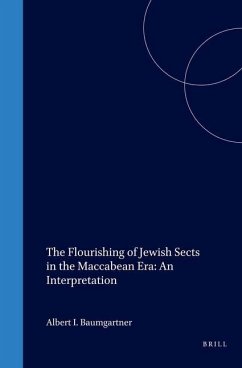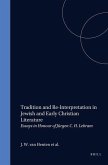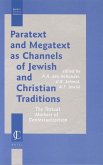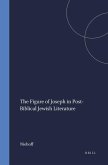This volume asks why Jewish groups - Sadducees, Pharisees, Essenes and the Dead Sea Scroll sect - flourished during the Maccabean era. It argues that such a result is uncommon, requiring special explanation. In the introduction, sectarianism is defined and its varieties in Second Temple Judaism assessed. Among the causes of the known results suggested are the encounter with an outside culture that seemed to be weakening the external national perimeter, the impact of expanded literacy, the move to the city from the farm, as well as eschatological hope aroused by Maccabean victory. In proposing these conclusions, full advantage is taken of recently published Qumran sources, such as 4QMMT. The objective is to discover the connection between context and consequence, which will explain why sectarianism was so prominent at that time.








